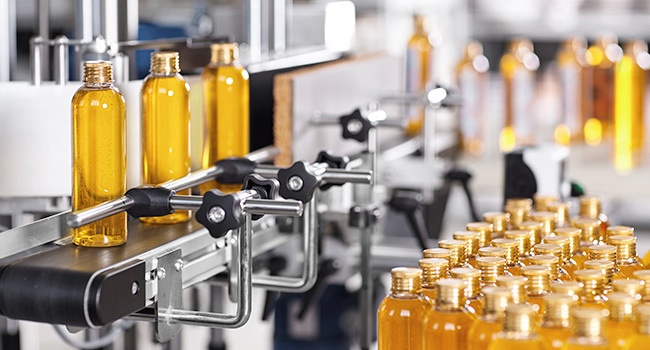
Walk into any grocery store and chance are you’ll find shelves and shelves of products labeled “Simply Balanced” or “Kirkland’s Best” or “Archer Farms.” These names, along with their labels and the contents of the packages, are designed to help consumers think “flavor” or “health” or even “value” but definitely not “generic.”
But these brands are the generic brand -- that is, the private label brands -- of some of the largest chain stores in the U.S.
Whereas at one time private label brands were lacking in any packaging pizzaz or marketing money, today they are huge business, accounting for nearly $80 million in sales and nearly 18% of all packaged goods sales in 2015.
Why are these brands taking up more shelf space? And what does it mean for the CPG industry and CPG recruiters?
Demand for Private Label Manufacturing is Growing
The majority of consumers (63%) agree that private label foods (“store brands”) are higher quality today than they were 10 or 20 years ago. Contributing to this statistic is the fact that stores have invested significantly in private label innovations, introducing new products and focusing more on consumer health than ever before. The combination of new options, better quality, and “Better for You” (or BFY) signifiers like minimal and natural/organic ingredients have led to an overall higher demand for these products. Of course, it is impossible to deny the role of value, as well, since private label products are generally somewhat cheaper than similar products with ‘name brands.’
Higher Demand = More Jobs
As the demand for any particular product or type of product increases, so does the demand for employees in that space. It's simple, higher demand means more jobs. As consumers continue to reach for private label goods at stores as varied as Trader Joe’s and Costco, Target and Whole Foods, there will be an increased need for employees to manufacture, test, design, research and develop these private label goods.
Because some stores like Trader Joe’s refuse to name the manufacturers that make their private label item, there is an opportunity for many companies to make the same products for a range of customers, even selling those exact same items at different price points. The private label business model means scalability, which means hiring can happen quickly.
Recruiting for Private Label Manufacturing
The rise in demand for private label manufacturing is significant for CPG recruiters. While the job demands of private label manufacturing may not be notably different from those of brand name jobs with similar titles, it is important that CPG recruiters be able to work with both types of companies. Recruiters should be prepared to justify and uphold any non-disclosure agreements that may come up with this type of position and should be sure to clarify the company’s stance on disclosure before beginning the recruiting process.
As private label goods continue to grow in popularity, the need for recruiters and employees will also continue to grow. Staying aware of these demands will be beneficial for all parties involved in the coming years.
